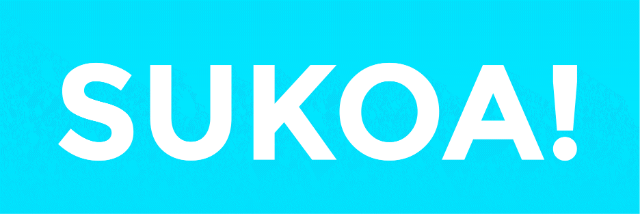airtime!
Klänge aus aller Welt auf Radio X
Die immer noch andauernde Pandemie hat es Musikschaffenden aus dem Globalen Süden und Osten in den letzten zwei Jahren massiv erschwert, in der Schweiz Konzerte zu geben und zu touren. Mit der neuen Radiosendung airtime! sollen ausgewählte Musikschaffende aus Afrika, Asien, Osteuropa, dem Nahen Osten und Lateinamerika die Möglichkeit erhalten, ihre Arbeit und Musik einmal im Monat auf Schweizer UNIKOM Radios zu präsentieren.
In der Schweizer Medienlandschaft sind Musikschaffende aus dem Globalen Süden – bis auf wenige Ausnahmen - seit Jahren untervertreten. Ihr Zugang zum Schweizer Publikum hat in der Vergangenheit grösstenteils über Konzertveranstaltungen und Festivals stattgefunden. Doch mit den pandemiebedingten Mobilitätseinschränkungen fällt dieser Kanal weg.
Das Projekt airtime! sieht die Pandemie als Chance und zielt auf Synergien, die noch nicht genutzt wurden. Eine wichtige Plattform ist der neu gegründete Zusammenschluss zwischen Schweizer UNIKOM-Radios, dem Projekt-Initianten artlink, sowie dem Südkulturfonds. Gemeinsam wollen die Projektpartner:innen aufstrebende, in der Schweiz noch unbekannte Musiker:innen aus Afrika, Asien, Lateinamerika, dem Nahen und Osten und Osteuropa (Non-EU-Countries) den Schweizer Radiohörer:innen präsentieren. Es soll zu Neuentdeckungen kommen – abseits der Festival- und Konzertbühnen. Es geht um Sichtbarkeit der Musik ausserhalb Europas und den USA, aber es geht auch um andere Perspektiven auf die aktuelle Weltlage.
Mit einem Open Call (Januar/Februar 2022) werden die Musiker:innen aus den genannten Regionen dazu aufgerufen, sich mit speziell für dieses Projekt produzierte Hörstücke, Musiksessions, DJ-Sets oder Podcasts für eine Teilnahme zu bewerben. Mindestens zehn Hörstücke/Sessions/DJ-Sets oder Podcasts werden auf den Schweizer UNIKOM-Radios Radio X, Radio RaBe, Radio 3fach, Kanal K, Radio Gwendalyn ausgestrahlt. Zu den musikalischen Beiträgen kommen Interviews mit den Musikschaffenden hinzu, welche den vertiefteren Einblick in ihre Arbeit und in ihren Alltag ermöglichen.
Die erste Folge von airtime! wird am 13. Februar, am Weltradiotag, ausgestrahlt. In dieser Episode erzählen die Intianten und Partner:innen welche persönliche Motivation sie dazu bewogen hat, sich für das neuartige Radioprojekt zu engagieren. In den weiteren Folgen kommen dann ab März 2022 die ausgewählten Musikschaffenden aus dem Globalen Süden und Osten zu Wort.
airtime! wurde initiert von artlink und dem Südkulturfonds und wird freundlich unterstützt durch die Stiftung Radio und Kultur Schweiz, sowie durch Swissperform.
English description:
airtime! Sounds from all over the world
For over two years, the ongoing pandemic has made it extremely difficult for musicians from the global South and East to perform and tour in Switzerland. The radio programme called airtime!, starting in February 2022, invites selected musicians from Africa, Asia, Eastern Europe, the Middle East and Latin America to present their work and music on five independent Swiss radio stations (UNIKOM radios). The collaborative project, uniting Radio X, Radio RaBe, Radio 3fach, Radio Gwen and Radio Kanal K, was initiated by artlink and Südkulturfonds with the much-appreciated support of SRKS (Stiftung Radio und Kultur Schweiz) and Swissperform.
Instagram-Link tree leading to pages of all medias: https://linktr.ee/soundslikeairtime
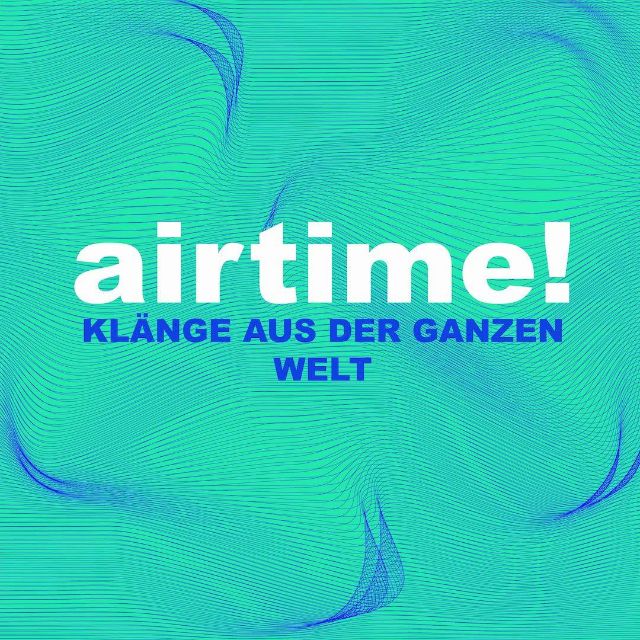
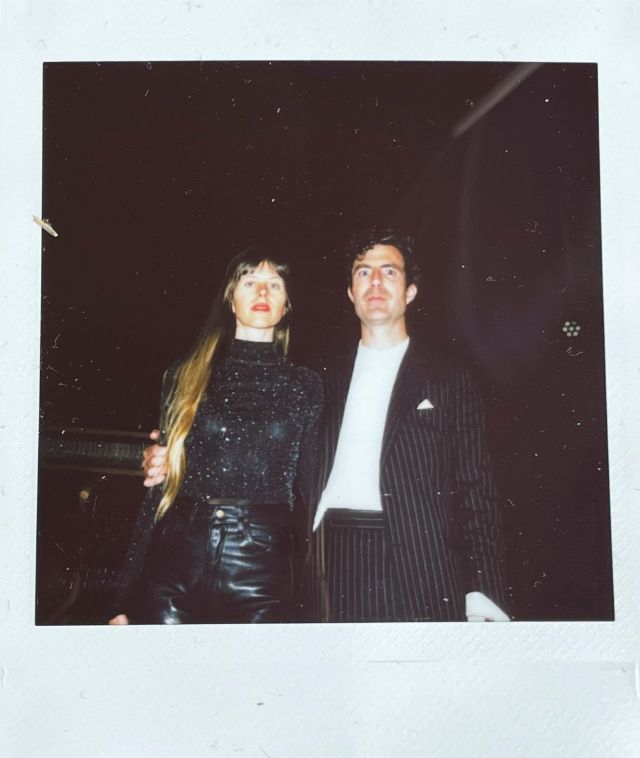
Lael Neale: "Maybe the museums should burn"
A brief interview with American chanteuse Lael Neale on the beauty (& ugliness) of personal experience composed in a universal language, all on the trails of her very own, dead poet society. Some thoughts recorded after attending her gig at DOKA, Amsterdam on a Monday night 19th of may 2025. von Mirco Kaempf
Lael Neale at DOKA, Amsterdam (19th may 2025)
Ein Interview mit der Amerikanischen Liedermacherin Lael Neale, aufgezeichnet im Backstageraum des Volkshotels (Doka) in Amsterdam.
Backstage at Doka, Amsterdam – May 19, 2025
Interviewer: Mirco, you can read another portrait here
You're currently touring your album Altogether Stranger through Europe. With such a busy schedule, I wonder—do you feel more like an alien or a human right now?
Lael Neale: Definitely more like an alien.
You wrote that Altogether Stranger was born from the sensation of returning from rural Virginia to Los Angeles. That contrast—neon lights, noise—made you feel out of place. Now that you’re touring Europe, do the songs feel different here?
That's a great question. I think alienation is everywhere now because of globalization. Driving into Amsterdam, we passed old windmills and then suddenly saw the golden arches of McDonald's. I love Europe—I see it as a place of high art and beauty—but modernity is spreading everywhere. The songs feel universal in that sense. I can feel alienated no matter where I go.
Your songs seem to help people refocus—like walking into a museum. Is that hard for you to maintain, that level of awareness?
Honestly, it's harder for me to lose focus. Being hyper-aware of everything isn't always healthy. There's value in critical thinking, but it can also suffocate you. I try to balance observation and judgment with simply breathing and accepting that there's beauty and ugliness in the world—and sometimes things are just... neutral.
So, would you say music helps you escape, or is it a way to hyper-focus?
Definitely hyper-focus.
The sound on this album has evolved—less centered on the Omnichord and more textured. What role does the Omnichord still play?
It's still my main songwriting tool. Most songs start there. Some were written on guitar or piano, but the Omnichord remains central. The fuller sound on this record is thanks to Guy Blakeslee, who added more arrangements and textures.
The sound has this sharp, compressed quality. Why go for something so raw and edgy instead of more polished?
We consciously chose that sound. We cut a lot of the low end to make the vocals sharp—like a knife. When our mastering engineer, Chris Coady, started softening things, we were like, “No—make it even sharper!” Eventually, he embraced it too. The sound is very intentional.
Would a digital recording by a betrayal to your sound?
We recorded the last two albums on cassette machines for the texture and limitations. For Altogether Stranger, we tried tape again, but the machine kept going out of pitch—it was unusable. We switched to digital, which was hard philosophically, but we recorded everything quickly, in one or two weeks. It still feels raw and alive, and we approached it with the same intention as with tape.
Some lyrics touch on environmental themes—plastic in the ocean, for example. Has your music become more political?
I don’t see environmentalism as political. I want nothing to do with politics—it’s ruining everything. Taking care of the Earth and each other is just common sense. It’s been politicized, which creates unnecessary division. People may agree fundamentally, but the way it’s discussed creates conflict.
That makes me think of your songs as paintings hung in a burning museum—are they there to put the fire out?
Maybe the museums should burn. Maybe we should paint directly on the walls of old buildings. Museums might be over.
Last question: Do you believe in the goodness of human nature?
Yes, I do.
Thank you so much.
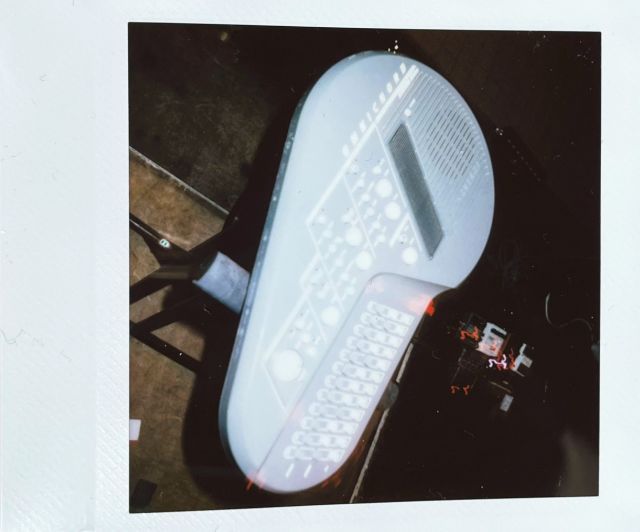
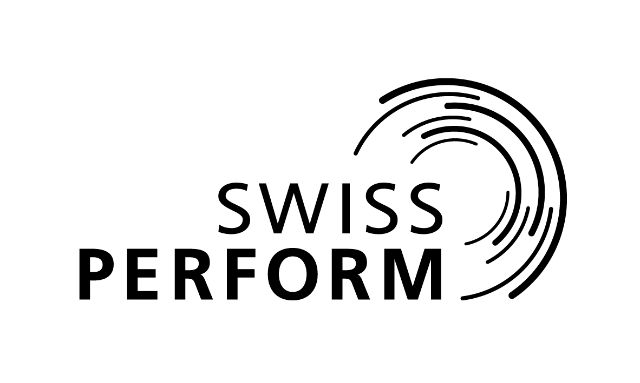





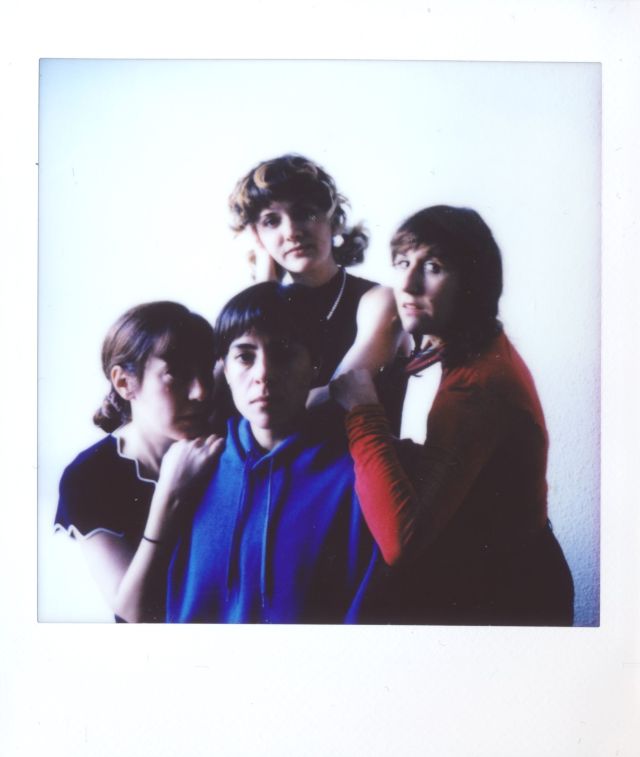

.png/jcr:content/magnolia-medium.png)
